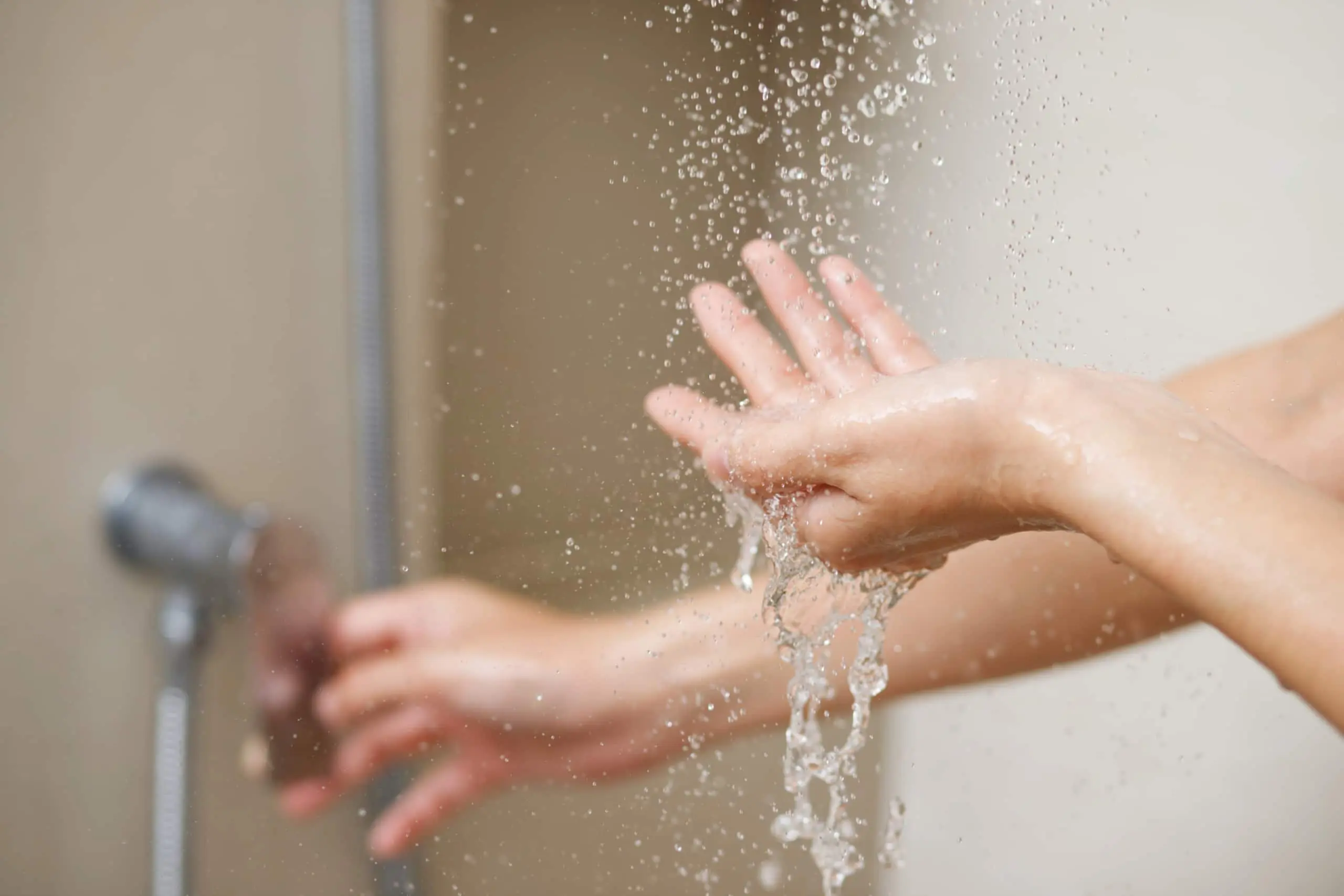Nashville, a vibrant city known for its rich musical heritage, also holds discussions about everyday life aspects, such as water quality.
But, does Nashville have hard water?
Well, understanding whether Nashville has hard water is crucial for residents for various reasons, including health, household maintenance, and ensuring the longevity of appliances.
This article delves into the facets of water hardness in Nashville, providing residents with the knowledge to manage their water quality effectively.

💦 Understanding Water Hardness
Water hardness refers to the concentration of certain minerals in the water, primarily calcium and magnesium. When water has high levels of these minerals, it is considered “hard.”
The signs of hard water in homes include spots on dishes, reduced efficiency of soaps and detergents, and buildup on appliances. While not harmful to health, hard water can pose challenges in daily household tasks.
Measurement of water hardness is in grains per gallon (GPG) or milligrams per liter (mg/L). Soft water falls below 1 GPG, while very hard water registers above 10.5 GPG.
💦 Does Nashville Have Hard Water?
Nashville’s water comes from the Cumberland River, undergoing treatment to meet safety standards before reaching homes.
The water quality report from Nashville Water Services offers insights into the city’s water characteristics, including hardness levels. These reports are essential tools for understanding what flows out of your taps.
💦 The Hard Facts: Water Hardness in Nashville
In Nashville, the water hardness typically ranges from moderately hard to hard, with variations across different areas of the city.
These variations are due to the source water’s contact with differing geological formations, which contribute to the overall mineral content.
Seasonal changes also affect hardness levels, making it wise for residents to stay informed about their water quality.

💦 How Nashville’s Water Hardness Affects Residents
Hard water in Nashville affects residents in several ways. It shortens the lifespan of appliances like dishwashers and water heaters by causing mineral buildup.
Additionally, hard water can lead to dry skin and hair due to its effect on soap and shampoo lathering. Those doing laundry may notice that clothes feel stiff and detergents are less effective.
💦 Managing Hard Water in Nashville
Residents have several options for managing hard water. Water softeners, which replace calcium and magnesium ions with sodium or potassium ions, effectively reduce hardness.
Various types, from ion-exchange to salt-free models, offer solutions based on specific household needs.
Filtration systems can also remove minerals, and simple home remedies, including vinegar for cleaning, can mitigate some of hard water’s effects.
Regular maintenance of water-using appliances extends their life and efficiency. Seeking advice on suitable water softening or filtration systems helps tailor solutions to individual household requirements, with numerous local vendors available for assistance.
💦 Pro Tips
Testing your water hardness at home is straightforward, with kits available from hardware stores or online. This initial step can guide your approach to managing hard water.
Regularly emptying and cleaning appliances that use water ensures they operate effectively, even in areas with hard water.
Simple DIY solutions, such as installing shower filters, protect skin and hair from hard water effects.

💦 Comparison with Other Cities
When evaluating water hardness, Nashville sits in an interesting position on the spectrum:
- Seattle and Boston: These cities have some of the lowest hardness levels due to rainfall and soft water sources. Nashville’s water is significantly harder, leading to more scale buildup and soap usage.
- Las Vegas and Phoenix: Characterized by some of the highest mineral contents due to their desert landscapes, these cities experience water hardness levels that far exceed Nashville’s. This extreme hardness can lead to even more pronounced household and personal care challenges.
- Minneapolis and Indianapolis: Comparable to Nashville, these cities also have moderately hard water, posing similar issues for residents, from appliance efficiency to laundry concerns.
Nashville’s water hardness typically requires preventive measures but is not at the high extreme compared to some other urban areas. This middle-ground standing reflects the variable nature of groundwater across different regions in the United States.
💦 Frequently Asked Questions (FAQs)
How do I know if my house in Nashville has hard water?
Identify hard water by looking for signs like mineral buildup around faucets, difficulty in getting soaps to lather, and spots on clean dishes. Testing the water using a water hardness test kit gives you concrete data on your water’s hardness level.
Where can Nashville residents get a water hardness test kit?
Water hardness test kits are available at local hardware stores, through some utility companies, or online. These kits offer a simple way to understand the mineral content of your water.
Can drinking hard water affect my health?
Research shows that drinking hard water is generally not harmful to health and may contribute beneficial calcium and magnesium to the diet. However, water quality should always meet EPA guidelines.
How often should I check the water hardness in Nashville?
It’s wise to test your water at least once a year. Checking it more frequently may be beneficial if you notice changes in water quality, such as after heavy rainfall or changes to the local water treatment processes.
What is the cost of installing a water softener in Nashville?
The cost can vary widely based on the system type, capacity, and installation complexity. Local vendors can provide quotes and help determine the best system for a home’s specific needs.
Are there any environmentally friendly ways to deal with hard water?
Salt-free water softeners and electronic descalers offer more eco-friendly alternatives to traditional salt-based water softeners by reducing water and salt waste. Exploring these options helps contribute to a healthier environment.
Conclusion:
Salt-free water softeners and electronic descalers offer more eco-friendly alternatives to traditional salt-based water softeners by reducing water and salt waste.
Exploring these options helps contribute to a healthier environment.

Devon Shorts, a seasoned expert with over a decade of experience in water safety, shares valuable insights on this blog “Aqua Safety Plus”. Trust his expertise to keep your water clean and your family safe.
